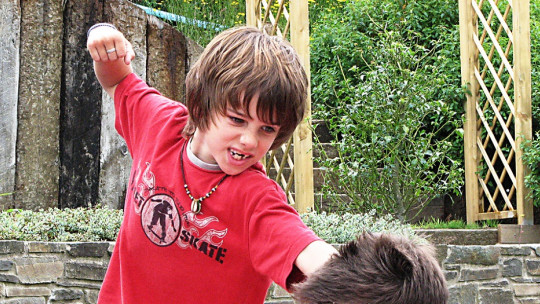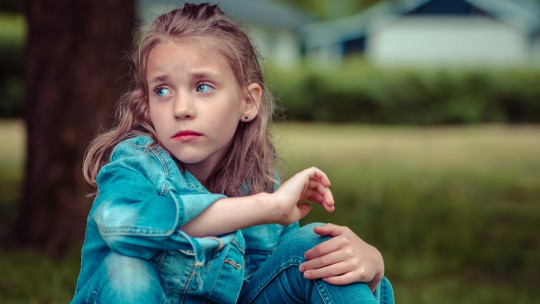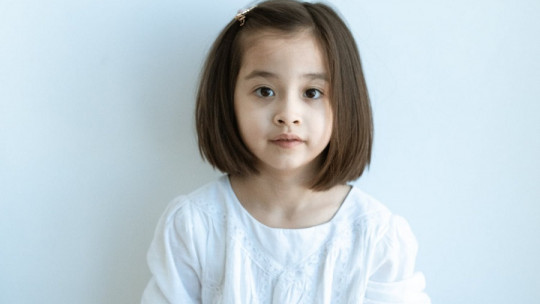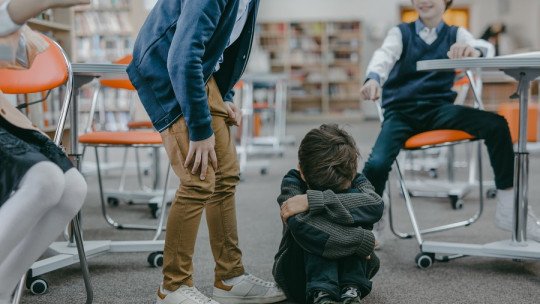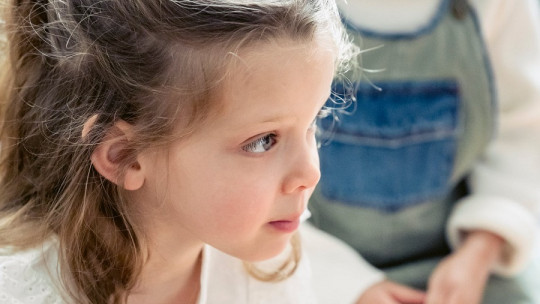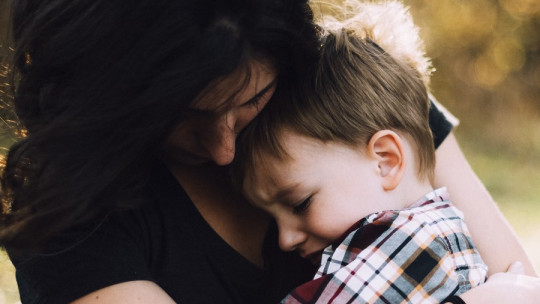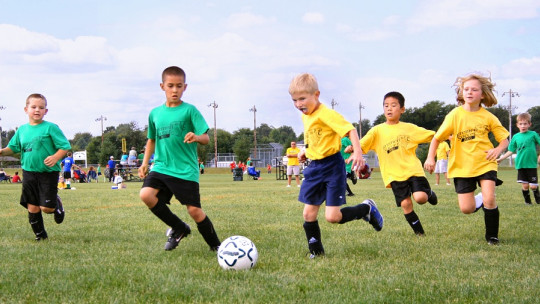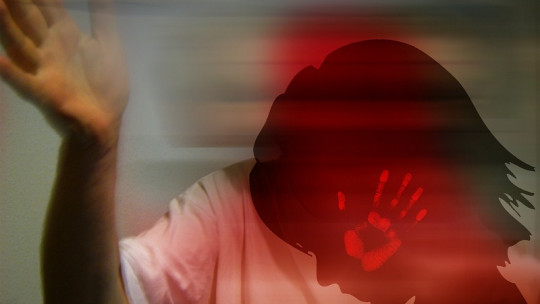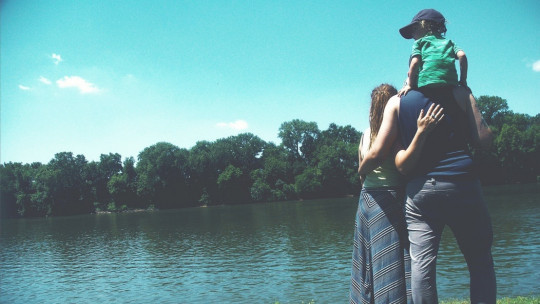If bullying and attacks among minors in general is a social problem, it is partly because many fathers and mothers do not face these types of situations when their children are the ones who hit other children. This asymmetry means that the victims receive all the pressure, while in the family environment of the aggressors, permissiveness reigns.
Fortunately, there are adults who take the first step to solve these types of situations, and ask themselves “What should I do if my child hits other children, whether at school or outside of it? ”.
In this article we will review several tips and guidelines to follow so that this behavior stops occurring, acting on the child’s education. Thus, regardless of whether a son gets involved in bullying or hits his brother, we will avoid further damage.
What to do if a child habitually hits other children
Any change requires time and effort, and that means that although it would be desirable for our son or daughter to stop trying to attack others overnight, this is not usually the case. Our efforts must be focused on making the change happen as quickly as possible and that the least inconvenience is caused to others during this process.
Thus, educational actions must be varied and must be applied in many areas of the life of the minor who causes problems.
1. Take him to the psychologist
Many behavioral problems in children can be solved without the intervention of psychologists, but habitually hitting other children is serious enough to act in a manner consistent with our concern and turn to professionals who offer personalized psychological care
Thus, the steps that we are going to see below must be initiatives that are complemented by psychological intervention and, in case of doubt, it is important to obey the instructions of that person, given that their knowledge of the specific case allows them to offer solutions that are adapt to what is happening.
2. Make them feel supported in their change process
It is clear that mistreating other people is morally wrong, but That does not mean that our behavior towards our son or daughter should be guided by revenge or for the intention of causing physical or psychological harm. Everything we do in relation to the child’s aggressiveness should be aimed at stopping him from having these tendencies, and nothing more.
Therefore, you should feel support from your parents, notice that you have a way to redeem yourself by making an effort to change your habits and ways of managing your impulses. It is necessary that he feel responsible for the pain he causes others when he hits, but that does not mean that the weight of our intervention in his education should focus on the feeling of guilt. You must focus on the positive and constructive mission of maturing as a person, becoming better.
3. Show exemplary behavior
Not all children who show a tendency towards aggression towards their peers do so because they have taken an example from their parents. But, in any case, it is advisable to be especially careful about the other manage our own frustrations well by assimilating situations that make us angry.
It is better not only not to do it in front of that child who hits other children, but in all our behavior in general, so that it is a more natural and spontaneous tendency.
Furthermore, in this way we will prevent our son or daughter from justifying their attacks and aggressions by thinking that our anger is a reflection of what they do with others, that at the end of the day everyone gets involved in actions that create gratuitous and unjustified confrontations.
4. Be interested in their feelings
It is important to have regular communication with our children, especially if they have been hitting others, to give them the opportunity to express their discomfort. Many times this aggressiveness is the product of frustrations that have nothing to do with the victim and, even, These can be born in the home itself Furthermore, this habit of asking how they feel makes them feel supported and sees aggressiveness and hostility as an anomaly.
5. Make sure it meets the therapy goals
The work done in the psychologist’s office must have consequences on the child’s daily life, not only the duration of the session. Stay up to date with the therapeutic objectives to follow and monitors compliance or non-compliance
6. Act when aggressive behavior begins
Every time signs begin to appear that attacking behaviors are going to occur, whether physical or verbal, you must intervene by reminding them of their commitment to change or physically avoiding them if there is no other solution. This “relapse” must have consequences, although as we have not seen, not aimed at suffering, but rather at reinforcing their commitment to a peaceful and non-violent attitude.

